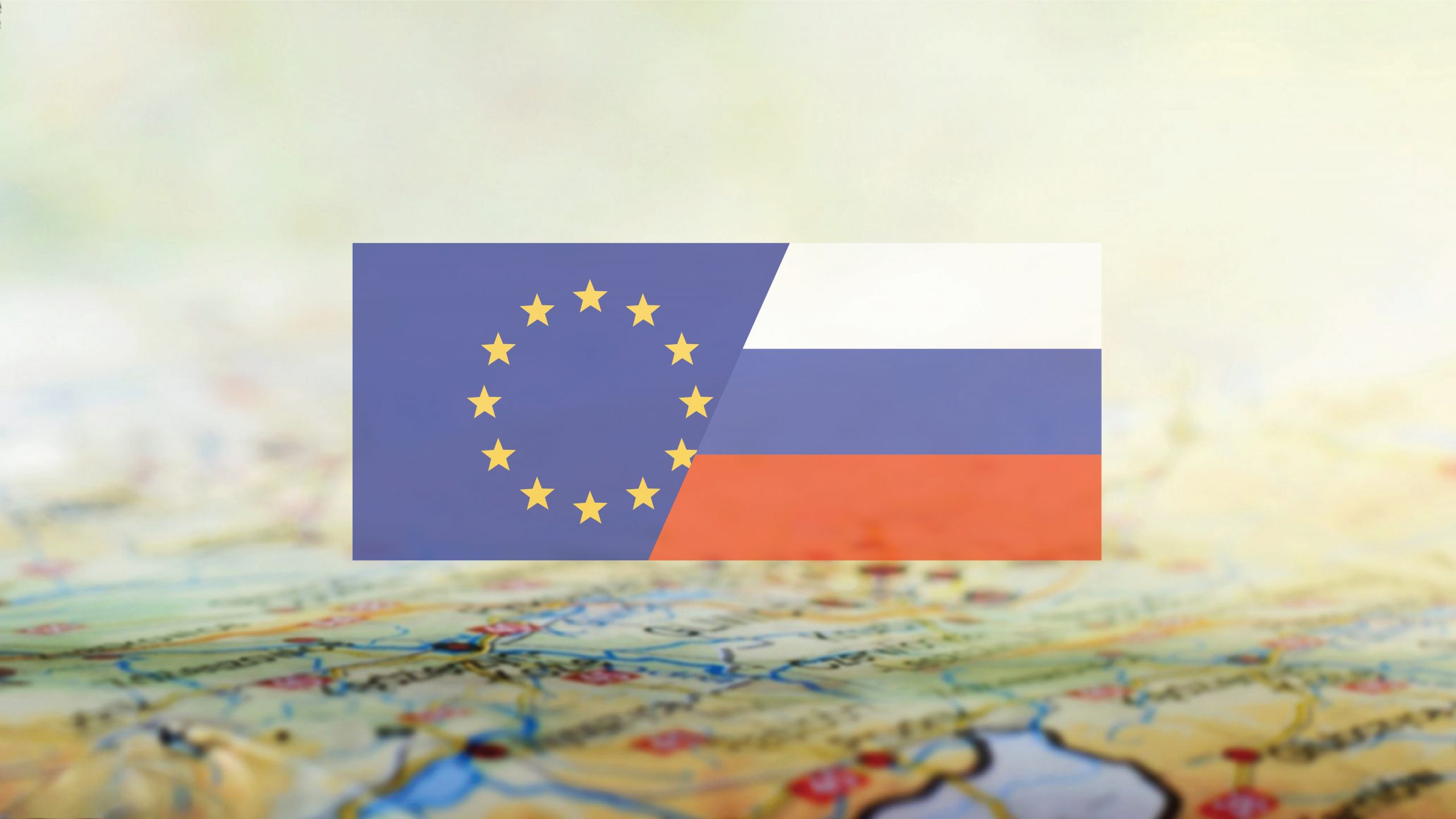08.04.2022
Sanctions European Union to Russia
Date of the last update: 8 April 2022
Source: European Council and EU Council
Since March 2014, in particular due to the annexation of Crimea and Sevastopol and the increasing tension with Ukraine, the EU has been imposing restrictive measures on Russia. These take various forms: diplomatic measures, individual restrictive measures (asset freezes and travel restrictions), restrictions on economic relations with occupied areas of Ukrainian territory not controlled by its government, economic and financial sanctions and restrictions on economic cooperation.
In response to Russia’s recognition of the areas of the Donetsk and Luhansk province as independent entities, the Council agreed on a first package of sanctions on 23 February 2022.
In view of the military aggression in Ukraine, and following the European Council Conclusions of 24 February 2022, the EU approved further response measures on 25 and 28 February and 2 March.
The measures apply to a list of 702 persons and 53 entities and include an asset freeze and a ban on making funds available to the listed persons and entities; the travel ban prevents them from entering or transiting EU territory. The sanctions package also includes a ban on overflying EU airspace and on the access to EU airports by Russian carriers of all types, a ban on transactions with the Russian Central Bank, a ban on the use of the SWIFT system by certain Russian banks, and a ban on the broadcasting in the EU of the state-run media “Russia Today” and “Sputnik”.




